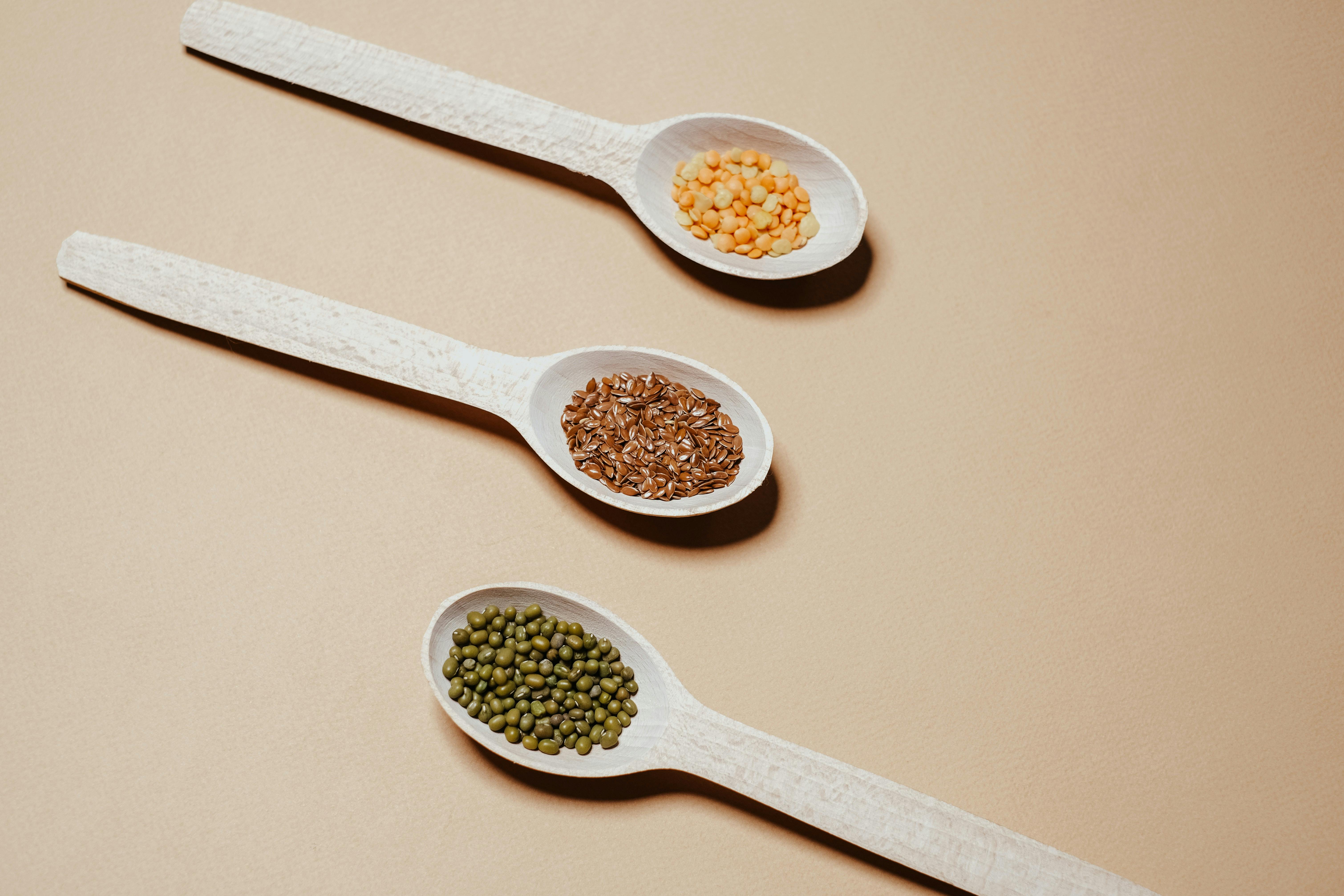Your gut might impact numerous aspects of your health from sleep to weight gain, from mental health to your heart. Trillions of microbes live in your gut — some are good for you, some not. Ensuring that the good ones are supported is vital for your gut health. The best way to do this is by eating a varied diet filled with fibre. To find out more detail about your gut, how it affects your health, and how to look after it properly, read on.
What is the gut and why is it important?
Your gut (or digestive tract) is a 9-metre long muscular tube that stretches from your mouth to bottom. While technically this includes both your small and large intestine, most studies are largely focused on your large intestine — which is easier to access. The small intestine is found deep within your body, surrounded by your stomach and colon, making it hard to reach.
Your gut is home to trillions of microbes (bacteria, fungi, and viruses) — collectively called your microbiome. You have more microbes in your body than actual human cells. Most of these are housed in the large intestine, where they help digest food and turn dietary fibre (normally found in wholegrain foods, fruits, and vegetables) into anti-inflammatory compounds.
As well as digesting food and removing waste, your gut and microbiome form a crucial part of your immune system. In fact, around 70% of your body’s immune system is located in your gut. Together with the bacteria lining your gut, these tissues form a physical barrier and prevent harmful bacteria from the external environment from entering your body.
What is a healthy gut?
There are up to 1,000 different types of microbes in your gut. Their combined weight can be as much as 2 kg — roughly the same weight as your brain.
Having and maintaining a balanced and diverse range of microbes is widely regarded as the main indicator of a healthy microbiome.
It’s useful to think of your microbial community as your own community garden that you are responsible for. You need to make sure that the soil (intestine) and the plants (the microbes) grow in places which have enough nutrients and that the weeds (bad microbes) don’t take over - this means you have to cultivate the widest variety of plants as possible.
The Diet Myth, Professor Tim Spector
How do you maintain a healthy gut?
It’s not fully clear what a universally healthy gut looks like or how to maintain it. But we do know that there are a few simple things that can help keep your gut in a steady state.
Eat a varied diet
This is probably the main way you can control your overall gut health. Eating a varied diet filled with fibre is very important. Current guidelines suggest aiming for 30g of fibre a day. Most of us fall short of this — average intakes are roughly 20 g for men and 17 g for women. Including more whole grains, fruits, veggies, nuts, seeds, and pulses will help.
Eat less processed high-fat, high-sugar food
A large amount of processed sugar and fat might negatively impact the balance of your gut bacteria. The imbalance can then lead to further cravings, which in turn cause more damage.
Drink plenty of water
Staying hydrated is good for both the lining of your intestines and your gut microbiome.
Get enough sleep
Sleep is thought to have a huge impact on your gut health. Try to get at least 7-8 hours of quality sleep every night. Find out more about how sleep supports your health.
Manage your stress levels
Your mind can impact your gut health. So learning to balance emotional stress is important. Things like yoga and mindfulness are great ways to manage stress, which might have a positive effect on your gut. In fact, yoga and mindfulness training has been shown to improve symptoms of irritable bowel syndrome (IBS) — supporting the benefits of stress management for good gut health.
Make sure you’re getting enough prebiotics and probiotics
Try and include a healthy amount of prebiotics and probiotics in your diet. And if you’re struggling, consider taking supplements.
What are prebiotics and probiotics?
Prebiotics are a type of fibre found in food. Although you can’t digest prebiotics, they’re eaten by the healthy microbes in your gut, allowing them to grow.
Prebiotics are found in various foods like:
- beans
- pulses
- onions
- garlic
- leek
- artichokes
- oats
- under-ripe bananas
Probiotics are types of live bacteria and yeast (similar to the ones already living in your gut) that you can digest. They’re found in certain foods like some yoghurts and other fermented foods like kimchi, sauerkraut, and kefir. You can also get probiotic supplements — although it’s not clear yet which microbes and doses are the most helpful.
Including both pre and probiotics in your diet is a great way of ensuring your microbiome stays balanced.

How the gut affects other aspects of health
As mentioned earlier, your gut is incredibly complex and can affect your entire body. Studies have shown that a healthy gut is linked to many other health aspects.
Mental health
Your gut is linked to your brain. The two are in constant communication in what’s called the gut-brain axis. This helps coordinate digestion and excretion. But it also means that your emotional centres are linked to your digestion — when you experience stress or anxiety, your gut feels it too.
The reverse is also true. For example, your gut produces various neurotransmitters like serotonin. Serotonin is a hormone that regulates mood, appetite, and sleep. So changes in your gut microbes might have a knock-on effect on your mental health.
Heart health
There’s some evidence that indicates that certain types of bacteria in your gut might help decrease cholesterol. Others might react with nutrients found in red meat to form chemicals that might contribute to blocked arteries. So promoting the right bacteria might be beneficial for your heart health.
Weight
There has been a lot of speculation about the link between your gut and weight. It’s been noted that people who are obese have different gut bacteria from people of normal weight. And some research has shown that specific probiotic strains can help people lose weight. But the evidence is mixed, with some animal studies showing weight gain from probiotics, not loss.
It’s very early days for this area of research and you shouldn’t consider probiotics as a way to lose weight.
An increasing amount of research is emerging that shows how the gut might impact even more aspects of your health. While more evidence is needed, it’s a powerful indication of how influential your microbiome might be.
How do you know if your gut is unhealthy?
Below are a few symptoms that could point to an unhealthy gut.
Stomach problems
Things like bloating, constipation, gas, or diarrhoea can all be signs of an unhealthy gut. They suggest that your gut is having difficulty digesting and processing food.
Fluctuations in weight
There are strong links to your gut and your body’s ability to control your blood sugar, store fat, and absorb the right nutrients. If you’re either losing or putting on weight and you haven’t made any significant changes to your lifestyle it might be linked to your gut health.
Bad sleep
As mentioned, your gut is a large producer of serotonin — a hormone that affects your mood and sleep. A lack of serotonin, caused by an upset gut, can, in turn, cause you to have poor sleep.
In general, most people aren’t suffering from serious gut issues. And a few lifestyle changes, mainly eating a diet full of fibre, can help make surer you have a healthy gut.

















